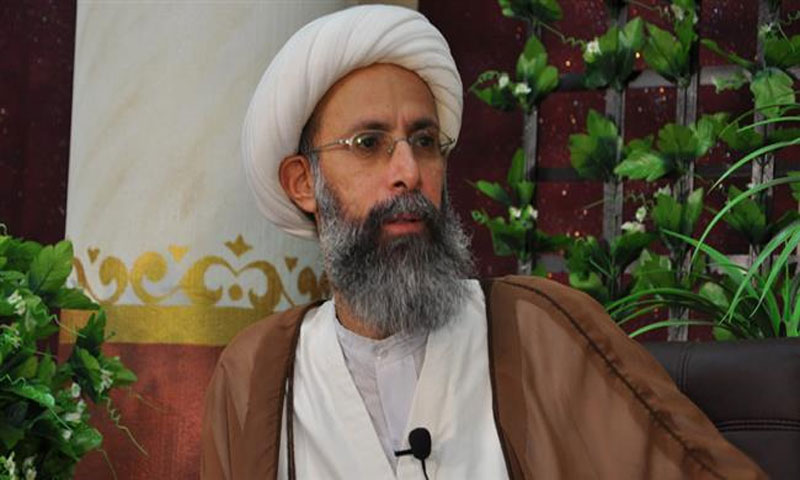“From the day I was born and to this day, I’ve never felt safe or secure in this country,” declared Sheikh Nimr al-Nimr in a 2011 speech. A prominent political activist from the Eastern Province, Sheikh Nimr spoke on behalf of Saudi Arabia’s disenfranchised population.
The Eastern Province is primarily home to the Kingdom’s minority Shia community; they make up approximately one-third to one-half of the area’s population. Since the Kingdom’s early history, the Eastern Province has been excluded from the high economic development of other areas despite the fact that the province itself contains much of the Saudi Arabia’s oil wealth. For decades, the region’s residents have held two main grievances related to systemic discrimination: firstly, that the government denies them the same religious and cultural spaces allowed for the Kingdom’s majority population; and secondly, that the government actively discriminates against them in education, justice, and employment.
Citizens in the Eastern Province have difficulty building mosques or running places of worship and report high levels of religious discrimination in the public sector. For example, in 2010 the Government permanently shut down all Shia mosques in the city of al-Khobar in the Eastern Province for unspecified security concerns. Since then, residents of al-Khobar have risked criminal prosecution to worship together in private residences. Further, in 2012 the government razed the Ein Imam Hussein Mosque in retaliation for anti-government protests in Awamiyah, a town located in the Eastern Province. While residents in the Eastern Province enjoy membership in the region’s municipal councils, the ultimate power rests at the governorate level, entirely controlled by the royal family and Ministry of Interior.
People of the Eastern Province participated in the 2011 protests in which citizens of the Kingdom demonstrated against government repression, killings, and arbitrary arrests in the country. In the Eastern Province specifically, Saudi authorities routinely targeted Shia leaders and activists for reprisal, subjugating them to arrests, imprisonments, and the death penalty, following unfair trials. Those who participated in the 2011 protests, which continue despite a government ban, cited the political repression faced by all Saudis coupled with the religious discrimination faced by the Shia population in the Eastern Province as catalysts for the demonstrations.
Under the Universal Declaration of Human Rights, every individual has the right to security, property, religion, and recognition as a person before the law. Saudi Arabia’s continuous discrimination against the people of the Eastern province violates basic human rights afforded to all individuals.
The life-long experience of being treated as a second-class citizen in the Eastern Province prompted Sheikh Nimr to become a vocal activist for human rights and reform. He blamed the Saudi leadership for failing to improve the conditions in the area. His political and social activism began in the 1990s and continued through 2011 as he demanded reforms, an end to fear, intimidation, persecution, and abuse at the hands of the state. He advocated for freedom for all citizens as he called for a peaceful reform movement.
Sheikh Nimr’s death was the result of discrimination and injustice at the hands of the Saudi government. Following a deeply flawed trial, which failed to follow the kingdom’s own laws, Saudi authorities executive Sheikh Nimr on charges that criminalized his right to free speech. His struggle for human rights in Saudi Arabia was emblematic of the ongoing struggle for citizenship equality not just in the Eastern Province, but throughout the Kingdom of Saudi Arabia.
Mobashra Tazamal is an Advocacy Fellow at ADHRB





